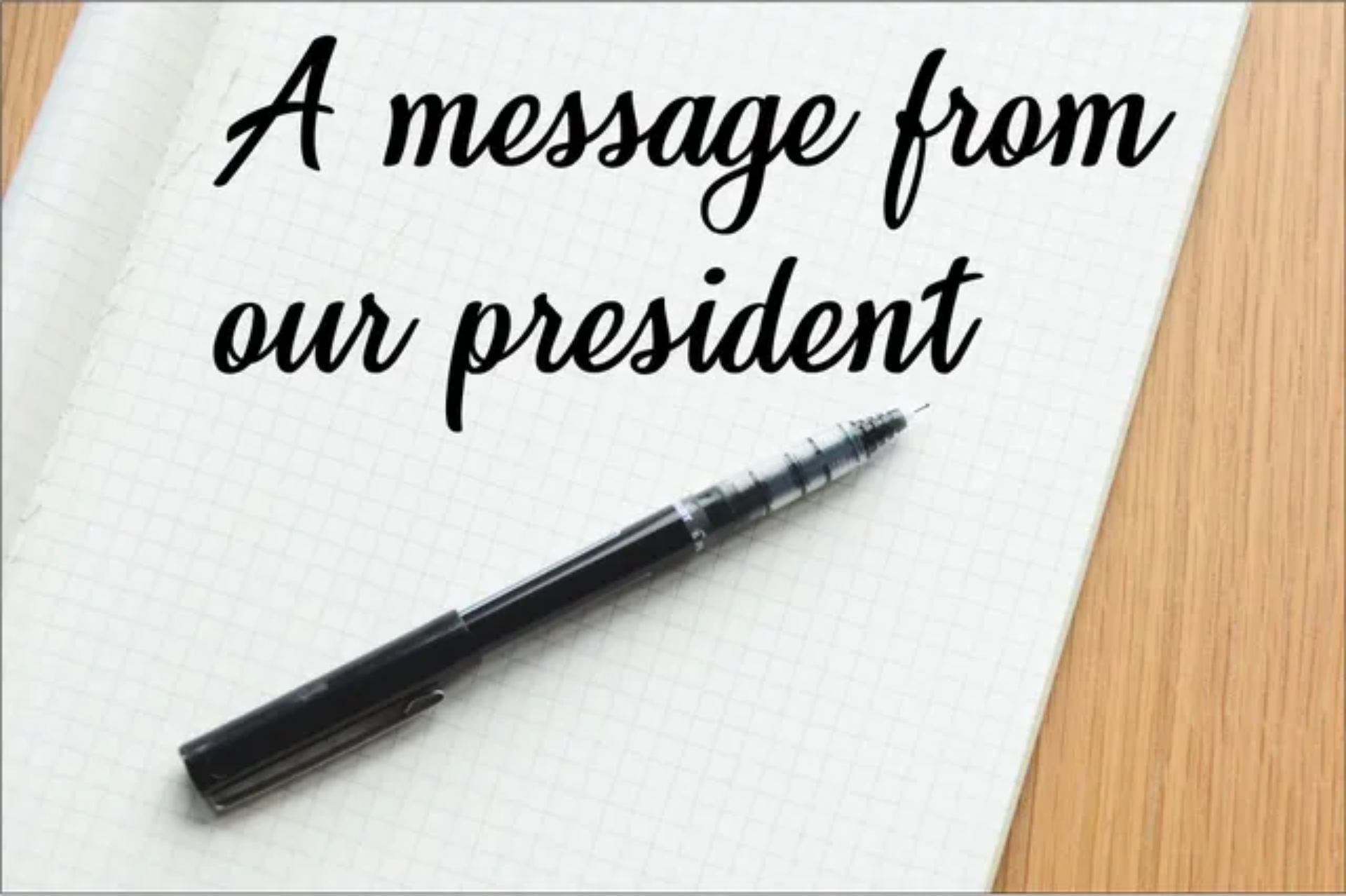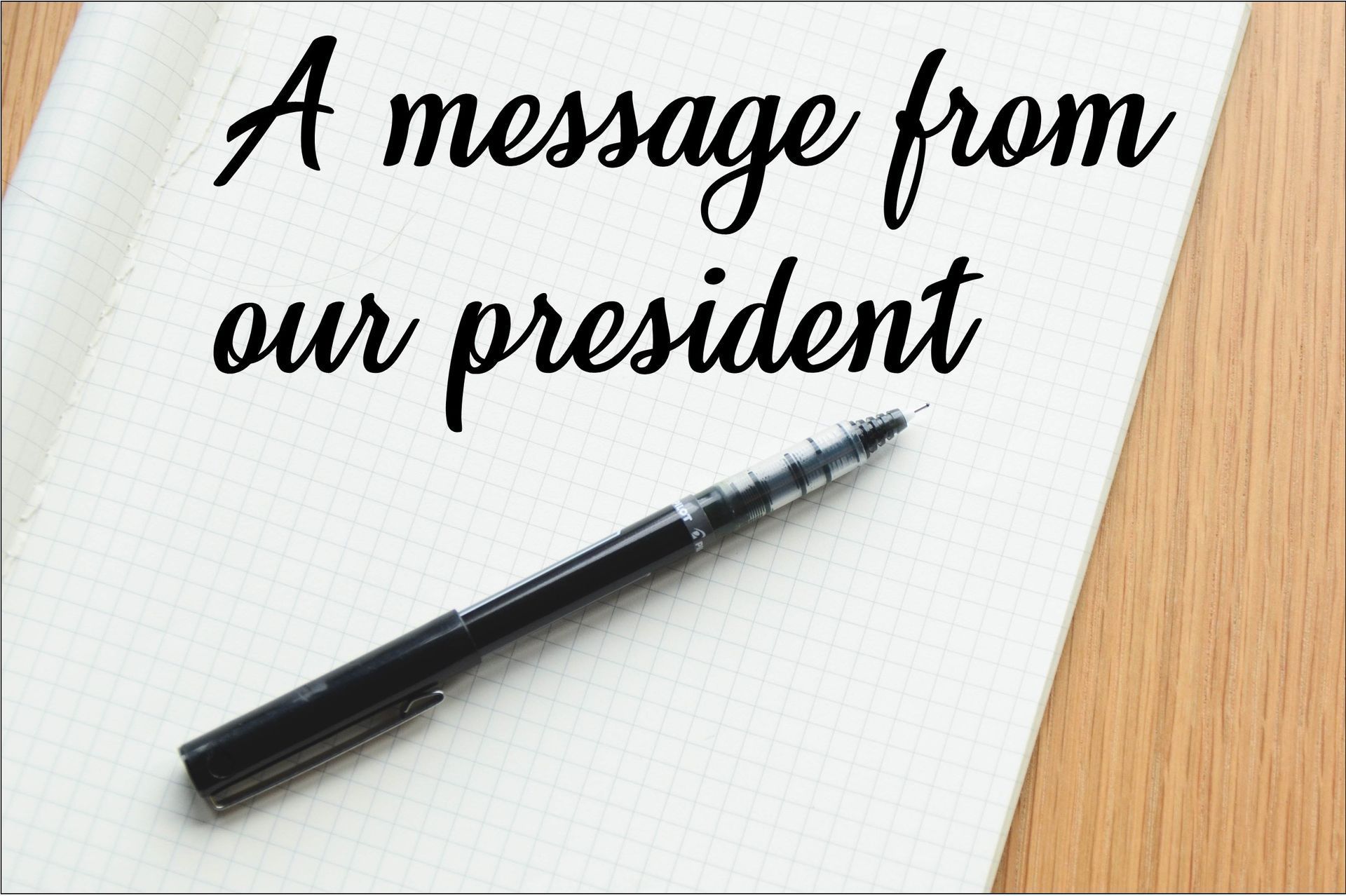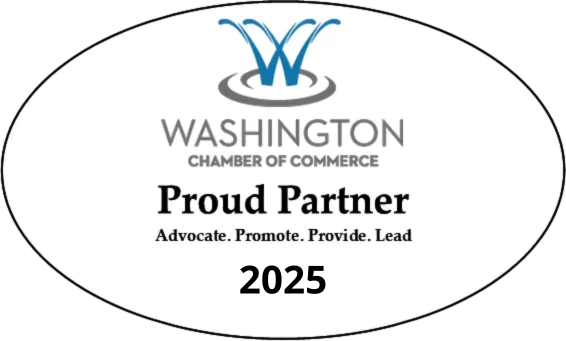Where do you go for your Title and License Service or Sticker Renewals?
My wife called me at the office the other day, not an unusual occurrence, but this time she was calling me about a To-Do list item. It seems that her license plate sticker was about to expire, and she couldn’t find the renewal notice from the State of Illinois, probably not something that anyone else has ever had happen to them, right? We talked for a moment, and I assured her that not having the renewal form was not a problem at all – we bank at Washington State Bank.
One of the services that we provide to our customers and community members here at the bank is license sticker renewals. All we need you to do is bring us your current registration and we will take care of the rest. Of course, you will also need a check, cash or card to pay for that new sticker but let me assure you that your experience here at the bank will be much more efficient than having to visit that other office run by the state.
Better still, we can even handle stickers that are, perhaps, a little past their due date and need some special attention. License sticker renewals are one of the many services that we provide within our community. You don’t need to search on your phone for “Sticker Renewal Near Me” any longer – just stop in our local office right here in the heart of Washington. Of course, we have a convenience fee but that, it seems to me, is exactly what it is – a fee to save you time and travel to obtain that vehicle sticker.
Additionally, we have staff who can assist you with the private sale or purchase of another vehicle, from new titling, to plates, to handling the transfer of that auto. We are working hard to provide the services that you need, even if infrequently, to keep your life moving along and avoiding the longer wait times at the “local” DMV. As always, there may be specialized title needs that we are unable to handle, but almost everything can be done right at our bank.
Finally, if you are looking for a vehicle, we have competitive rates and terms to assist with the purchase of a new or used vehicle – I wouldn’t be doing my job if I failed to point out this information. I’ll close with a throwback to one of my favorite summer songs by Willie Nelson – sing it with me as you read along…
On the road again - Just can't wait to get on the road again
The life I love is makin' music with my friends - And I can't wait to get on the road again
On the road again - Goin' places that I've never been
Seein' things that I may never see again - And I can't wait to get on the road again
Come see us for your vehicle sticker renewal and keep on rolling down the road! Enjoy your summer months!
Michael Herzog
President










